Filter staff:
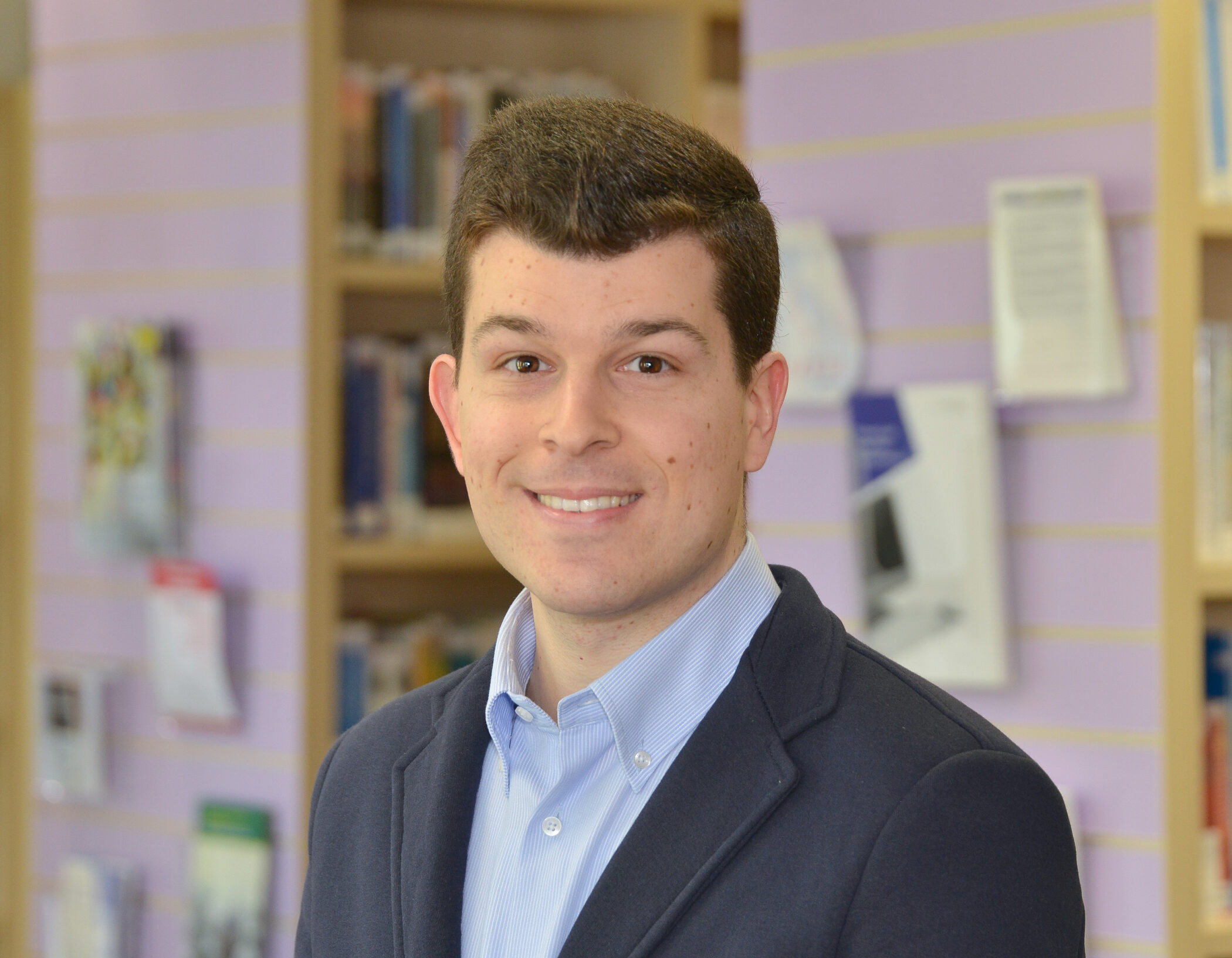
Dr Giorgio Caselli
Fellow

Dr Giorgio Caselli
Fellow
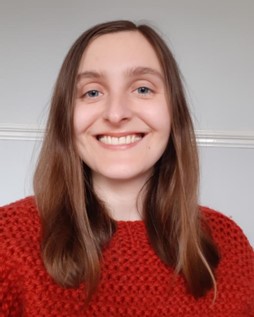
Dr Hannah Holmes
Bye-Fellow

Dr Hannah Holmes
Bye-Fellow
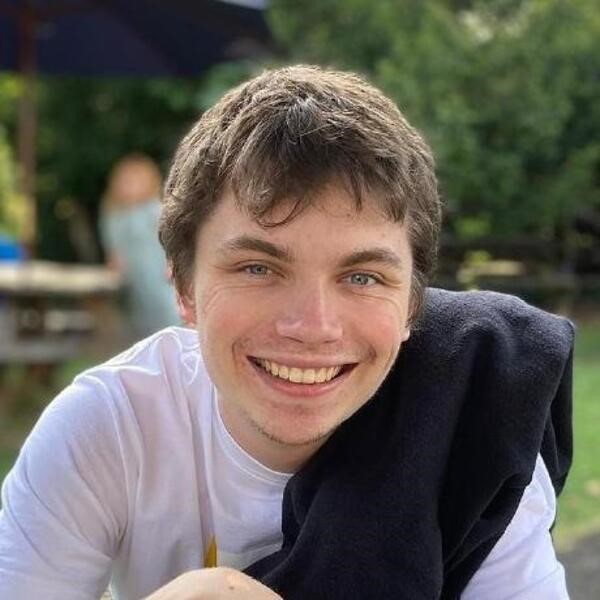
Dr Harry Bevins

Dr Harry Bevins
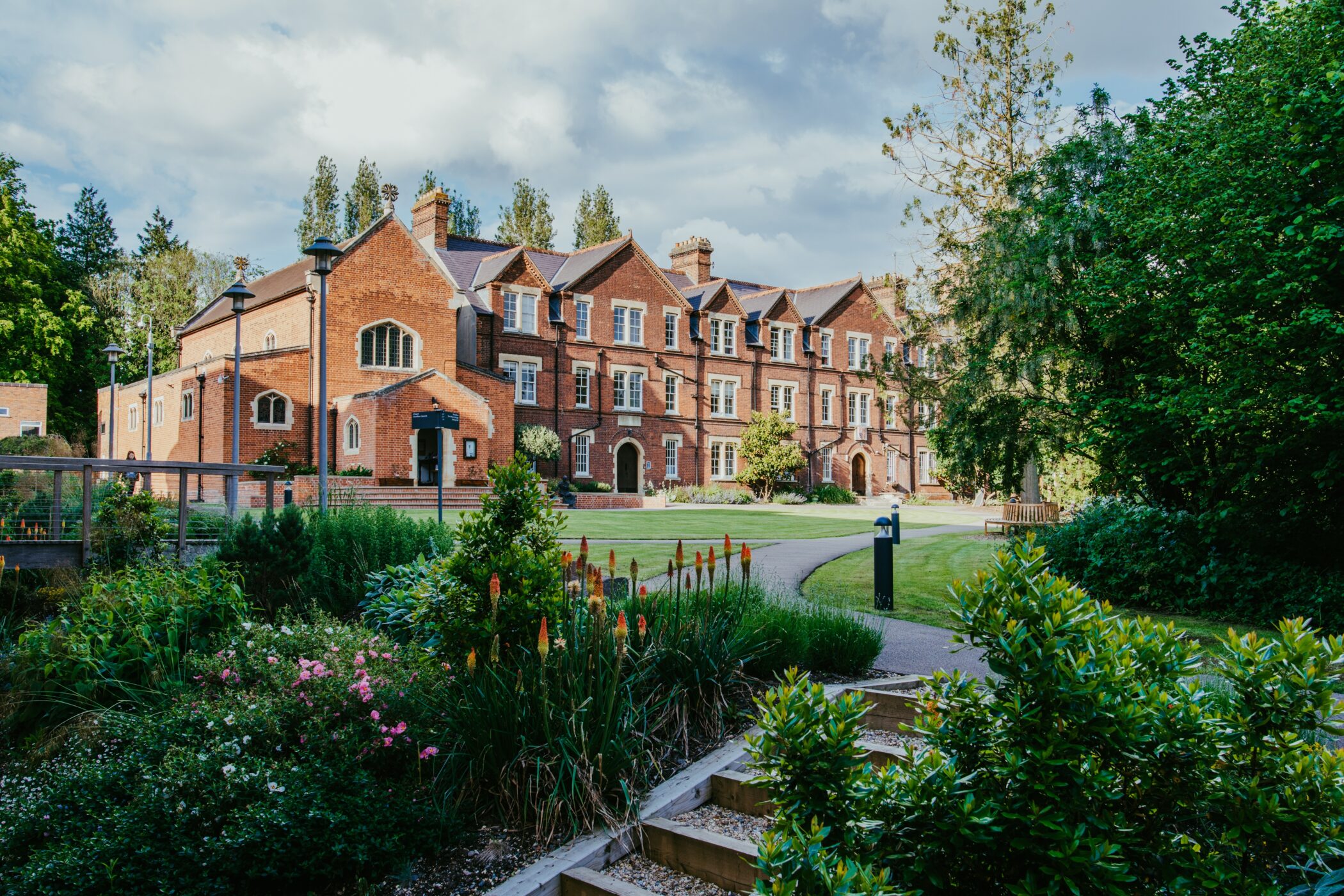
Dr Hermann Hauser KBE CBE FRS FREng
Honorary Fellow

Dr Hermann Hauser KBE CBE FRS FREng
Honorary Fellow

Dr Ian McCrone
Fellow

Dr Ian McCrone
Fellow
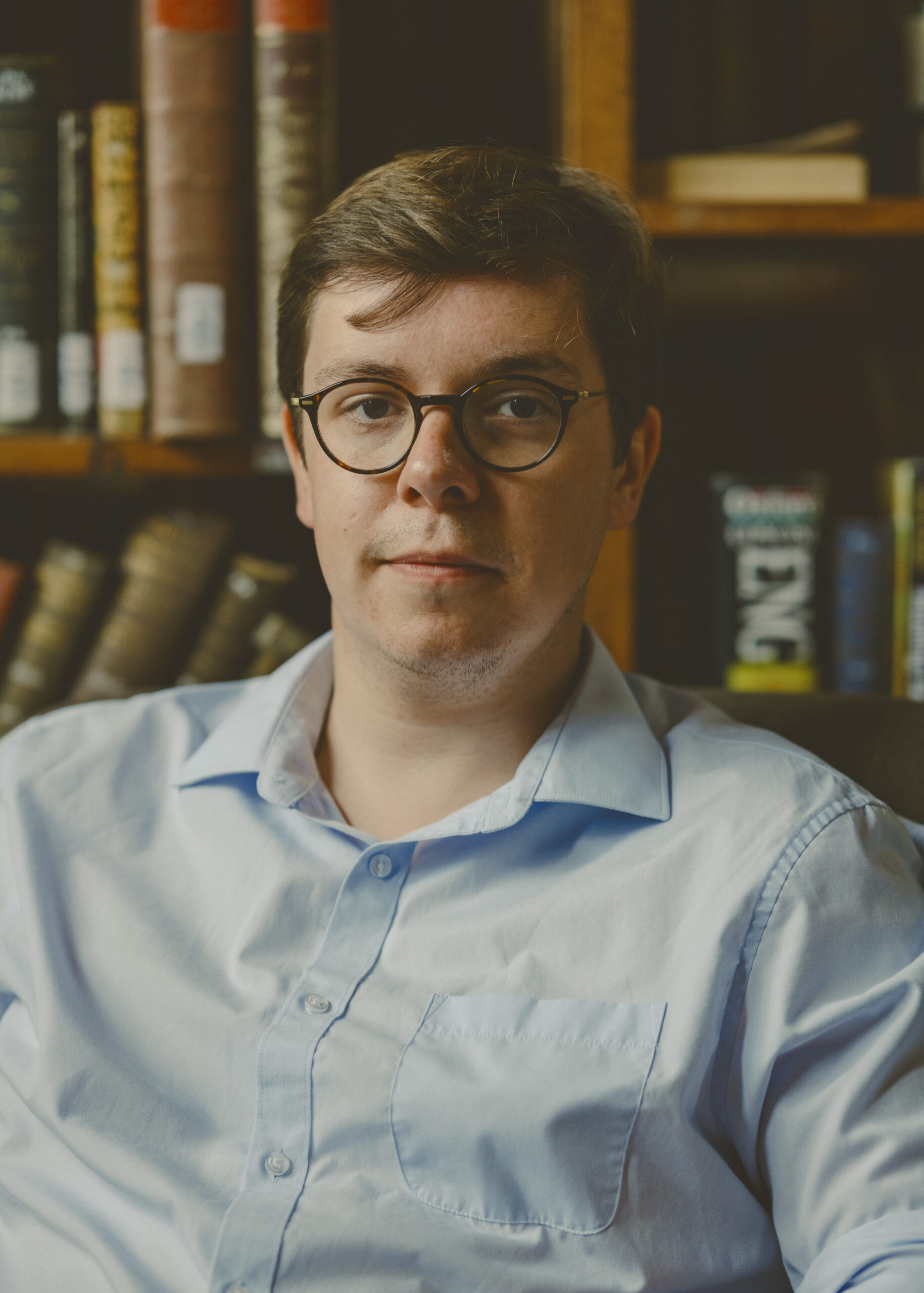
Dr James Sunderland
Post Doctoral Research Associate

Dr James Sunderland
Post Doctoral Research Associate
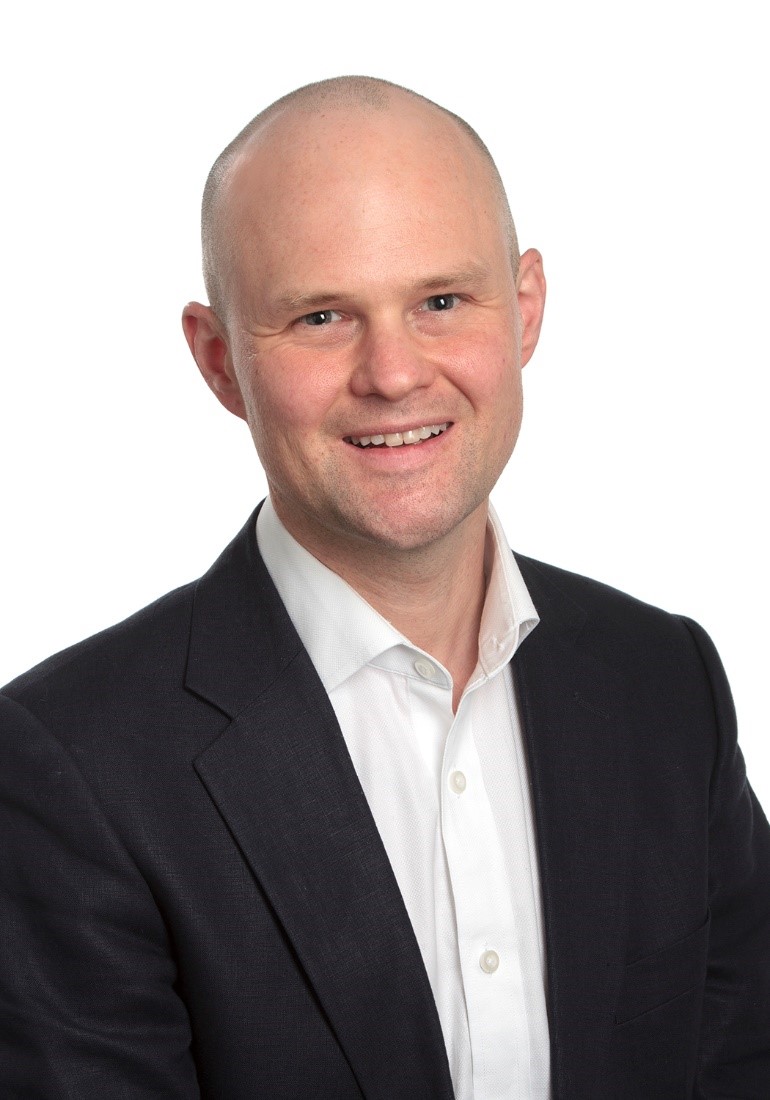
Dr James Whitworth
Fellow

Dr James Whitworth
Fellow
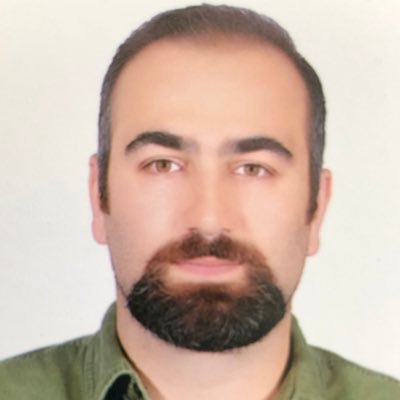
Dr Javad Shamsi
Bye-Fellow

Dr Javad Shamsi
Bye-Fellow
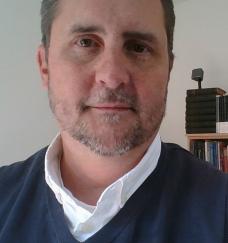
Dr Jeff Phillips
Tutor, Director of Studies, Fellow

Dr Jeff Phillips
Tutor, Director of Studies, Fellow

Dr Jie Liu
Post Doctoral Research Associate

Dr Jie Liu
Post Doctoral Research Associate
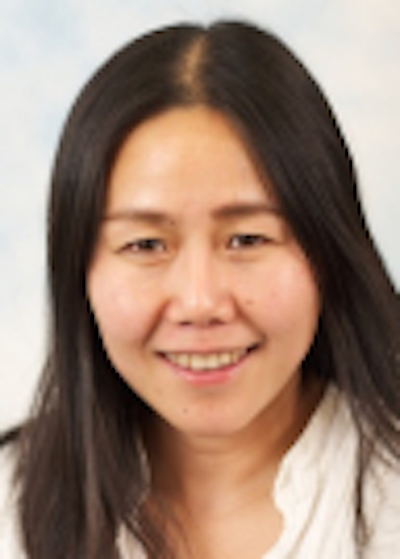
Dr Jing Su
Tutor and Bye-Fellow

Dr Jing Su
Tutor and Bye-Fellow
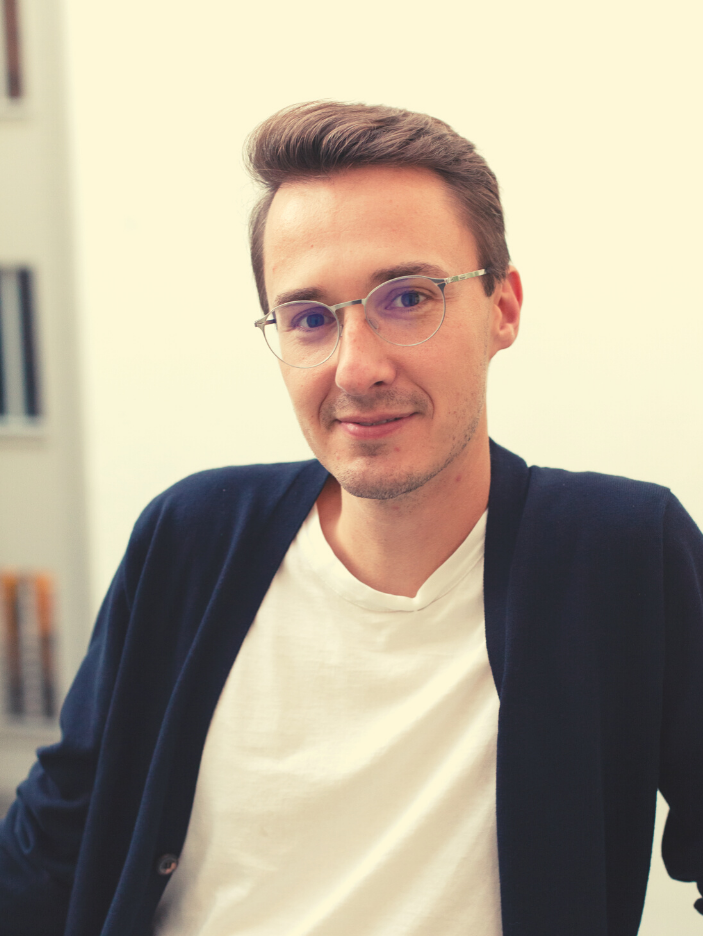
Dr Johannes Lenhard
Bye-Fellow

Dr Johannes Lenhard
Bye-Fellow

